Women and girls are bearing the brunt of the climate crisis—they’re also leading the fight to solve it
Why the climate crisis is a women’s rights crisis
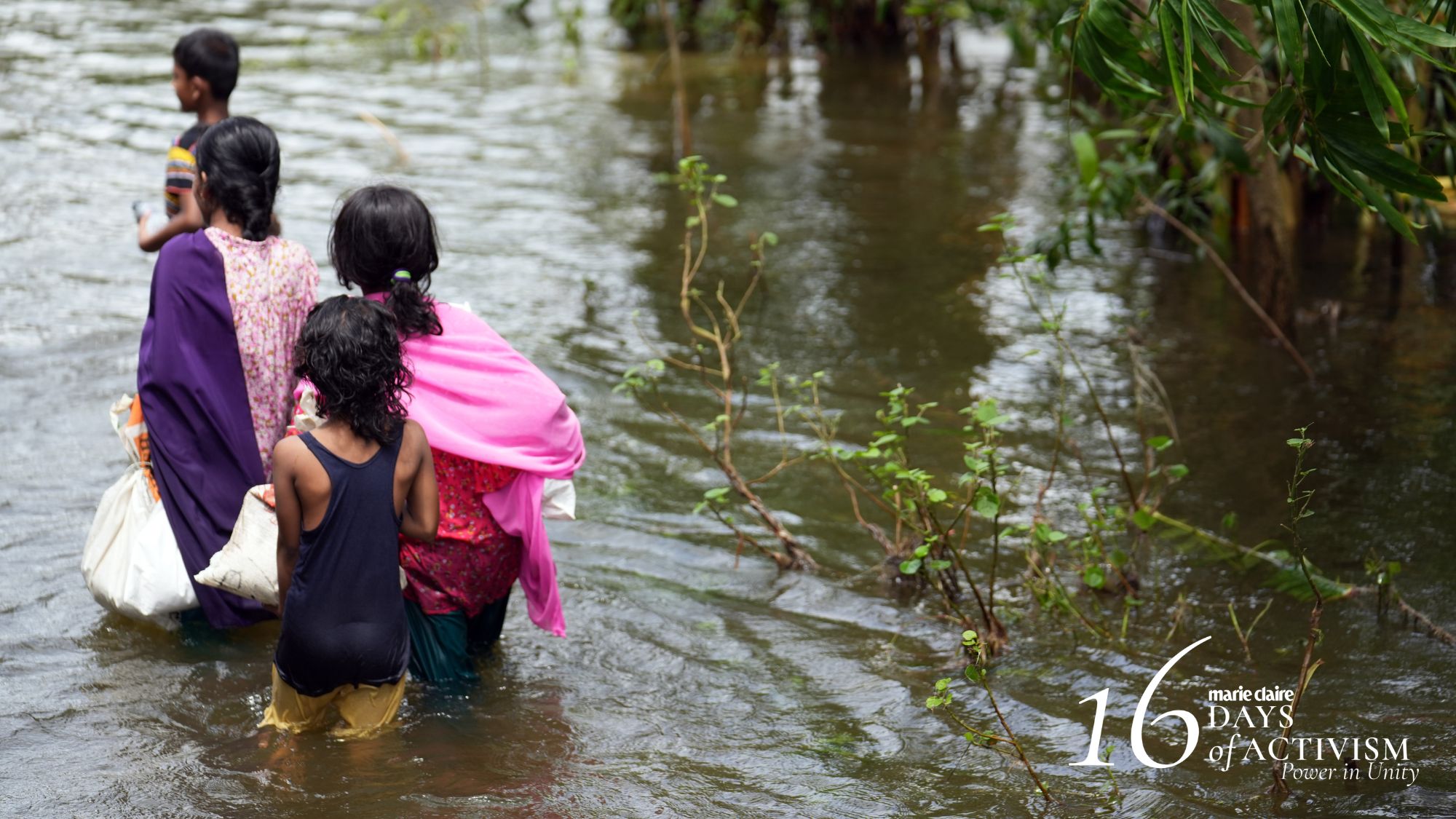

By 2050, the climate crisis is set to push 158 million more women and girls into poverty and leave 232 million struggling with food insecurity, according to UN projections. Climate disasters are fuelling gender-based violence, forced marriages, and threats to sexual and reproductive health.
Amelia Whitworth, Head of Policy, Campaigns & Youth at Plan International UK explains why addressing the toll on women’s rights and gender-based violence is essential to fully grasping the sweeping dangers of climate change and shares the story of two young women leading the fight against it.
Why the climate crisis is a women’s rights crisis
Across the world, the repercussions of the climate crisis are hitting women and girls the hardest. According to the World Economic Forum, females account for over 80% of those displaced by climate-related disasters. This emergency is magnifying the inequalities millions of women and girls already face because of their sexuality, race, class or geography.
Against a backdrop of climate-induced poverty, families are being forced to make desperate choices to survive, and too often it is girls who suffer most as a result. Climate shocks and stresses heighten girls’ risk of facing gender-based violence, forced marriage and unplanned pregnancies.
The Malala Fund estimates that climate change will end schooling for at least 12.5 million girls every year
Amelia Whitworth
Social norms also result in girls often eating least and last during food shortages, putting them at greater risk of malnutrition. The numbers paint a grim picture. The UN projects that by 2050, an additional 158 million women and girls will be pushed into poverty because of the climate crisis, and 232 million will face food insecurity.
Meanwhile, the Malala Fund estimates that climate change will end schooling for at least 12.5 million girls every year in 30 climate-vulnerable countries. Education is a right that gives girls a chance to gain vital skills and knowledge to shape the rest of their lives. Not only that, but it is also a powerful tool for building resilience to climate-related disasters. Girls are being stripped of the chance to secure their own futures.
But here’s the thing: women and girls aren’t just bearing the brunt of the climate crisis; they’re leading the fight to solve it. Despite only eight out of the 78 world leaders at this year’s COP29 summit being women, across the world, girls and young women are using their lived experiences to organise grassroots movements, advocate for greener policies and drive change.
Marie Claire Newsletter
Celebrity news, beauty, fashion advice, and fascinating features, delivered straight to your inbox!

Astriyati, 16, shares her five-year action plan
16-year-old Astriyati is from a small rural village in Indonesia, which is highly vulnerable to the effects of climate change. Extreme weather events exacerbate poverty, and child marriage is seen as a way of reducing the economic burden on households. She says: “Whenever a family has money problems, the first thing they think of in my village is to marry off their daughter.” To combat this, Astriyati raises awareness of reproductive health and the negative consequences of child marriage, empowering other girls in her community. “I have a dream to prevent all child marriages in my community. I want girls to have big dreams, not to have their dreams stopped by marriage.”
In places hit hardest by climate change, girls are often the driving force behind their communities adapting and becoming more resilient to its impacts. Hannan, 17, is a youth leader in her community in Cotabata City in the Philippines—one of the most climate vulnerable countries in the world. She learnt how to prepare and respond to disasters from Plan International’s Youth Cares project. “These disasters don’t just disrupt our daily lives. They can devastate our homes, destroy our possessions, and threaten our safety and wellbeing,” says Hannan.

Hannan, 17 (centre) and her friends
We know that women and girls are driven to create change—and throughout history they have led the way in improving society—but their voices are widely missing from the rooms where big decisions happen. This has to change if we want effective solutions that protect and empower those most affected by the climate crisis. We should hold policymakers accountable to actively include girls and young people in decision-making spaces.
It’s time we demand that our leaders commit to funding that reaches girls and women, like Astriyati and Hannan, so they aren’t left fighting the climate crisis on their own.
Find out more about Plan International UK and support their work here.

Mischa Anouk Smith is the News and Features Editor of Marie Claire UK.
From personal essays to purpose-driven stories, reported studies, and interviews with celebrities like Rosie Huntington-Whiteley and designers including Dries Van Noten, Mischa has been featured in publications such as Refinery29, Stylist and Dazed. Her work explores what it means to be a woman today and sits at the intersection of culture and style. In the spirit of eclecticism, she has also written about NFTs, mental health and the rise of AI bands.
-
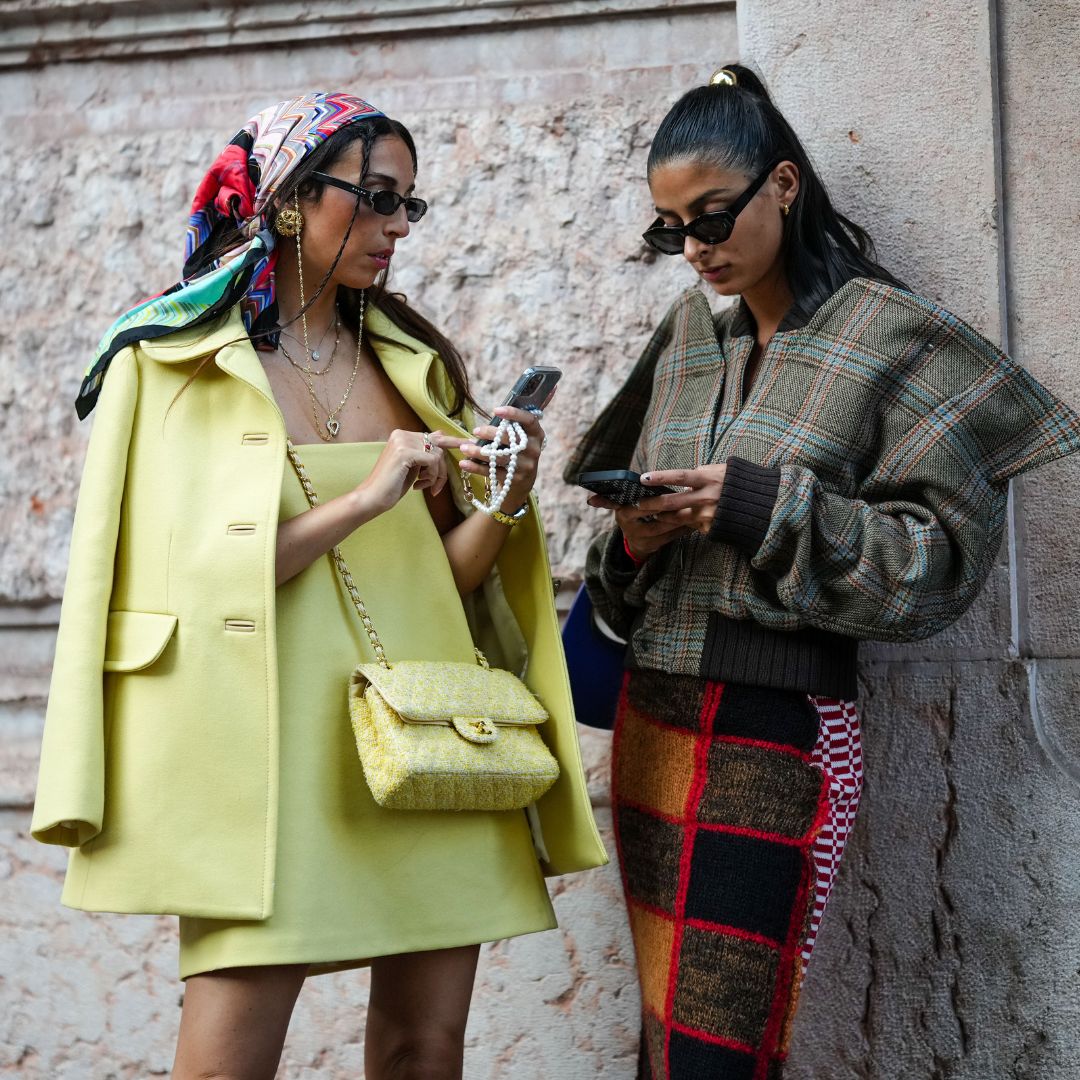 Mytheresa is having a secret sale right now and these are the 11 cult items I'm eyeing
Mytheresa is having a secret sale right now and these are the 11 cult items I'm eyeingIncluding the designer bag that was everywhere at Milan Fashion Week
By Clementina Jackson
-
 Prince Harry reportedly extended an 'olive branch' to Kate and William on latest UK trip
Prince Harry reportedly extended an 'olive branch' to Kate and William on latest UK tripBig if true
By Iris Goldsztajn
-
 How Prime Video is protecting Blake Lively amid her new movie promo
How Prime Video is protecting Blake Lively amid her new movie promoAn understandable move
By Iris Goldsztajn
-
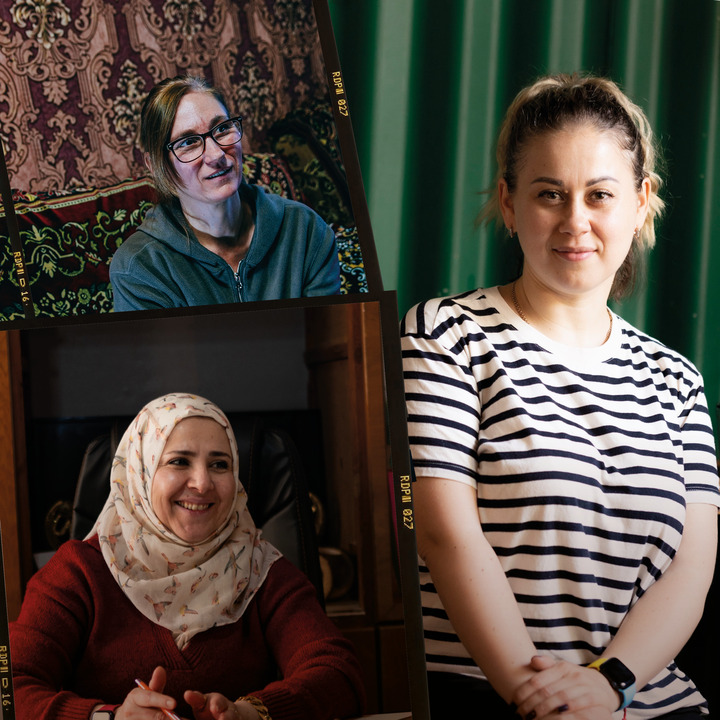 10 extraordinary mothers around the world
10 extraordinary mothers around the worldWe celebrate the life-changing work of women who are changing the world for the better
By Mischa Anouk Smith
-
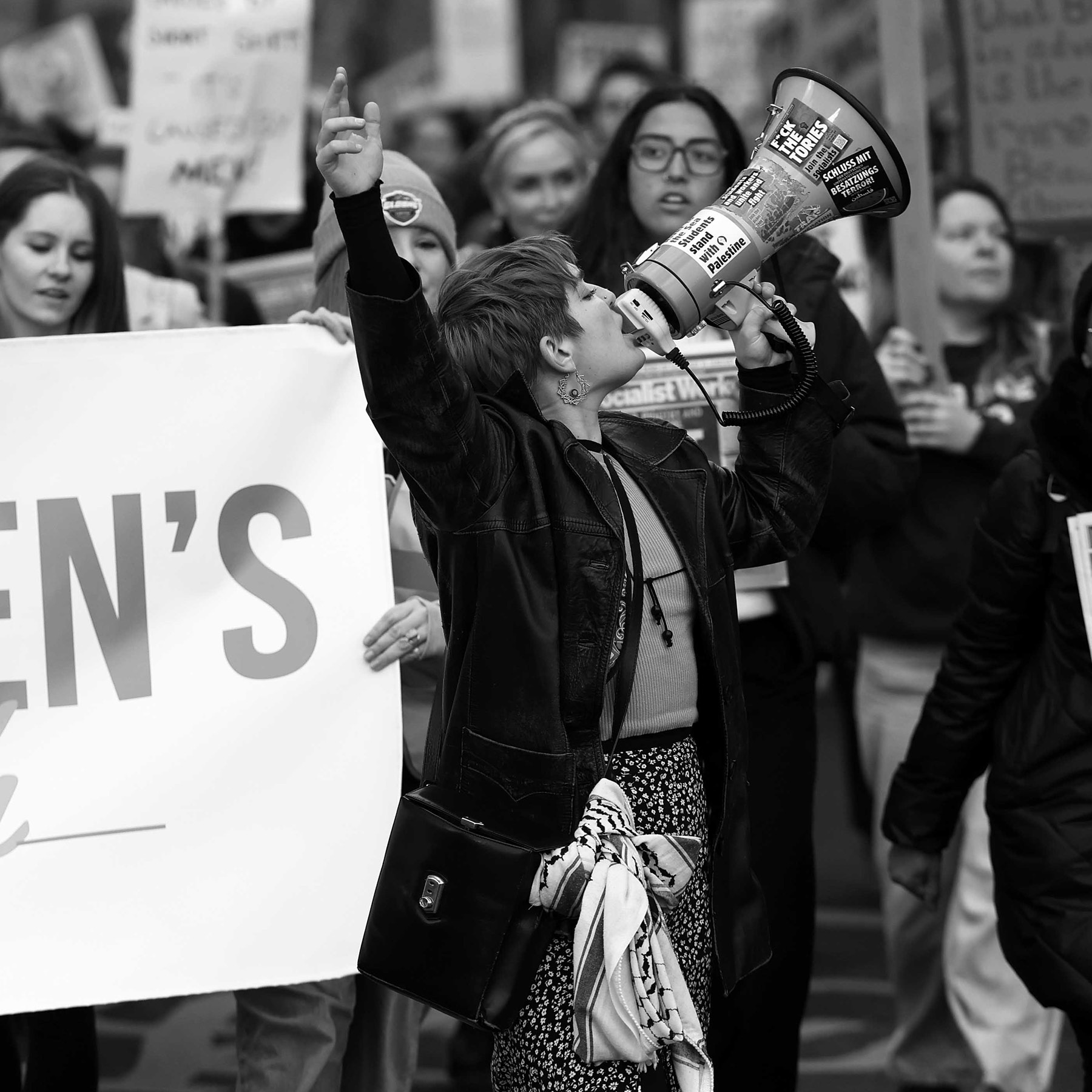 Inside The UK's Anti-Abortion Movement
Inside The UK's Anti-Abortion MovementBy Bel Trew
-
 15 inspirational women on the action they want to accelerate this International Women's Day
15 inspirational women on the action they want to accelerate this International Women's Day"Never give up, never give up, never ever give up."
By Mischa Anouk Smith
-
 Mind the wealth gap: why women still have less than men and what you can do about it
Mind the wealth gap: why women still have less than men and what you can do about itHow money has changed for women, the wealth gaps we need to close and how to do it.
By Jessica Sheldon
-
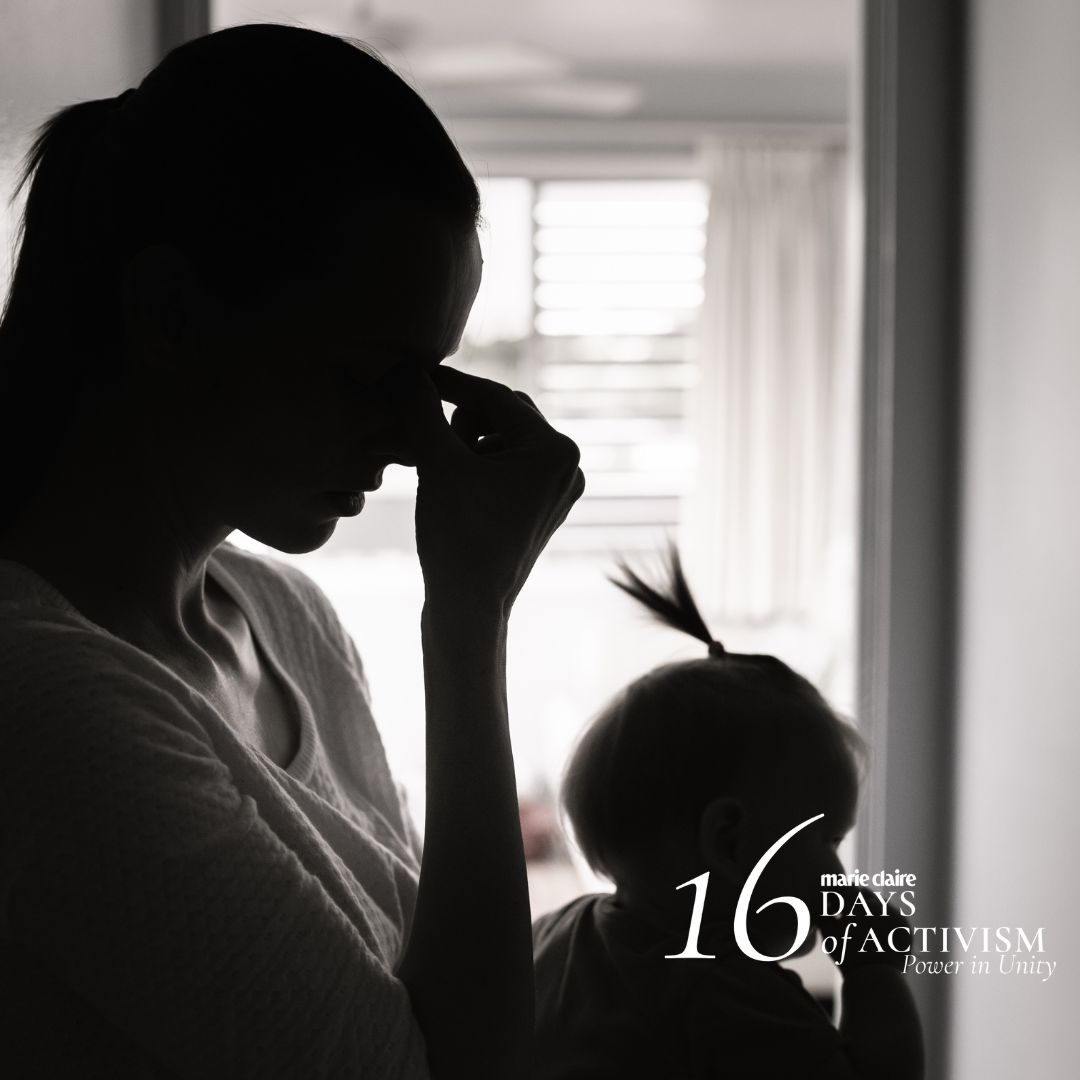 “I walked into the hospital with my daughter and admitted my partner had split my C-section open”
“I walked into the hospital with my daughter and admitted my partner had split my C-section open”Victims don’t have a choice when it comes to abuse, but some things happen in our childhood that make us more likely to accept it
By Mischa Anouk Smith
-
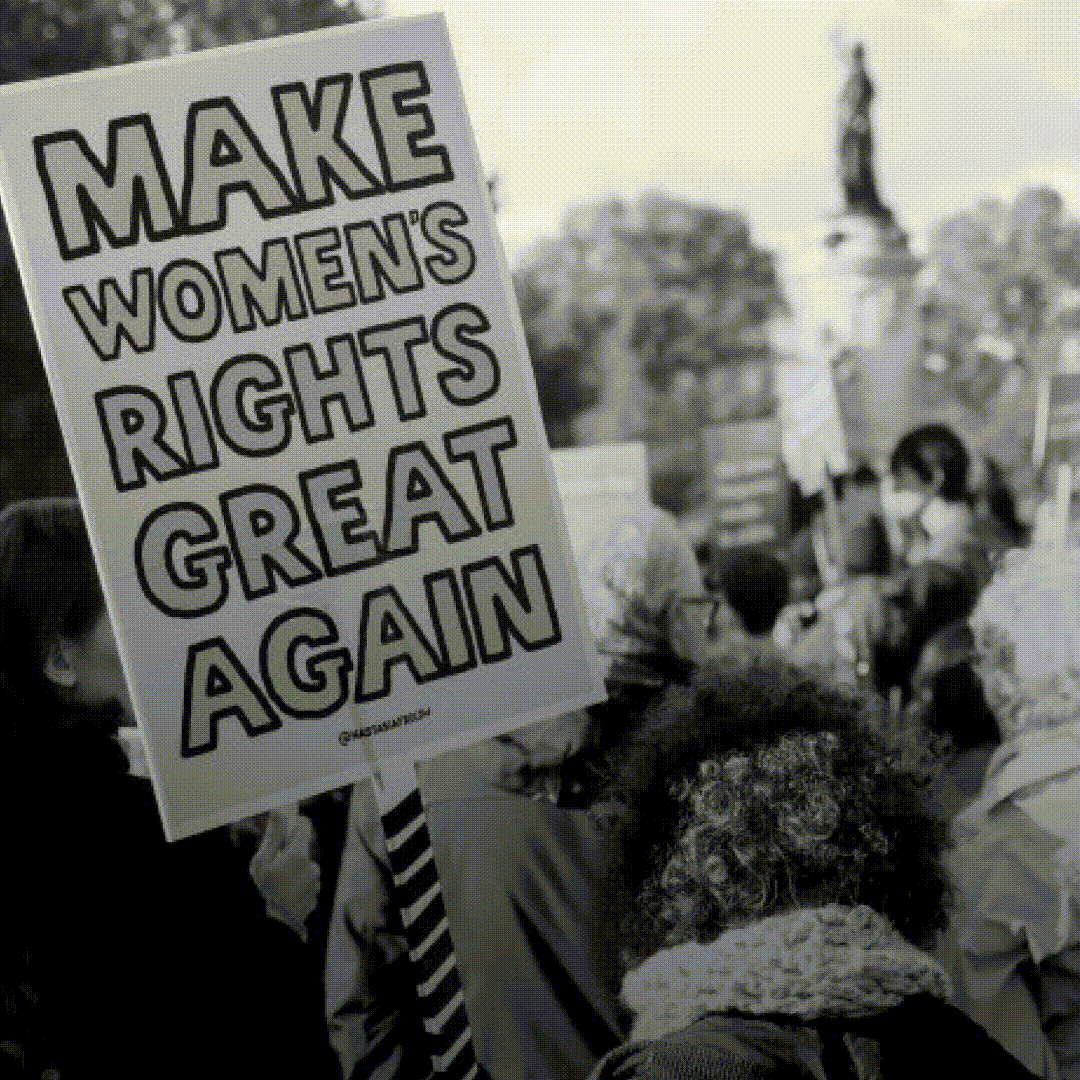 What is 16 Days of Activism Against Gender-Based Violence?
What is 16 Days of Activism Against Gender-Based Violence?“Misogyny, sexism, and women’s inequality are rife across the country”
By Mischa Anouk Smith
-
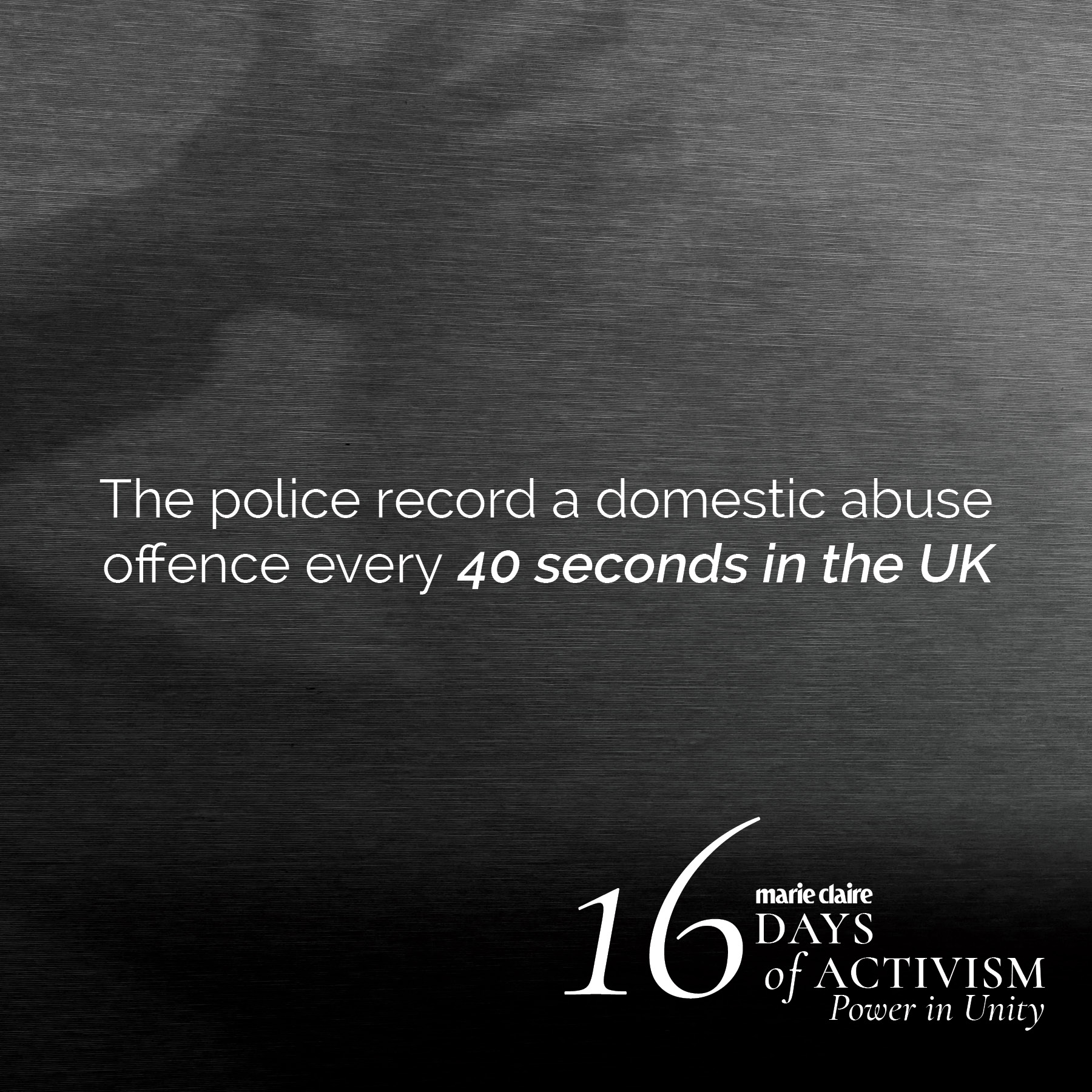 A woman is killed by a man every 2.7 days in the UK — the time to act is now
A woman is killed by a man every 2.7 days in the UK — the time to act is now25 shocking stats about the impact and scale of gender-based violence
By Mischa Anouk Smith
-
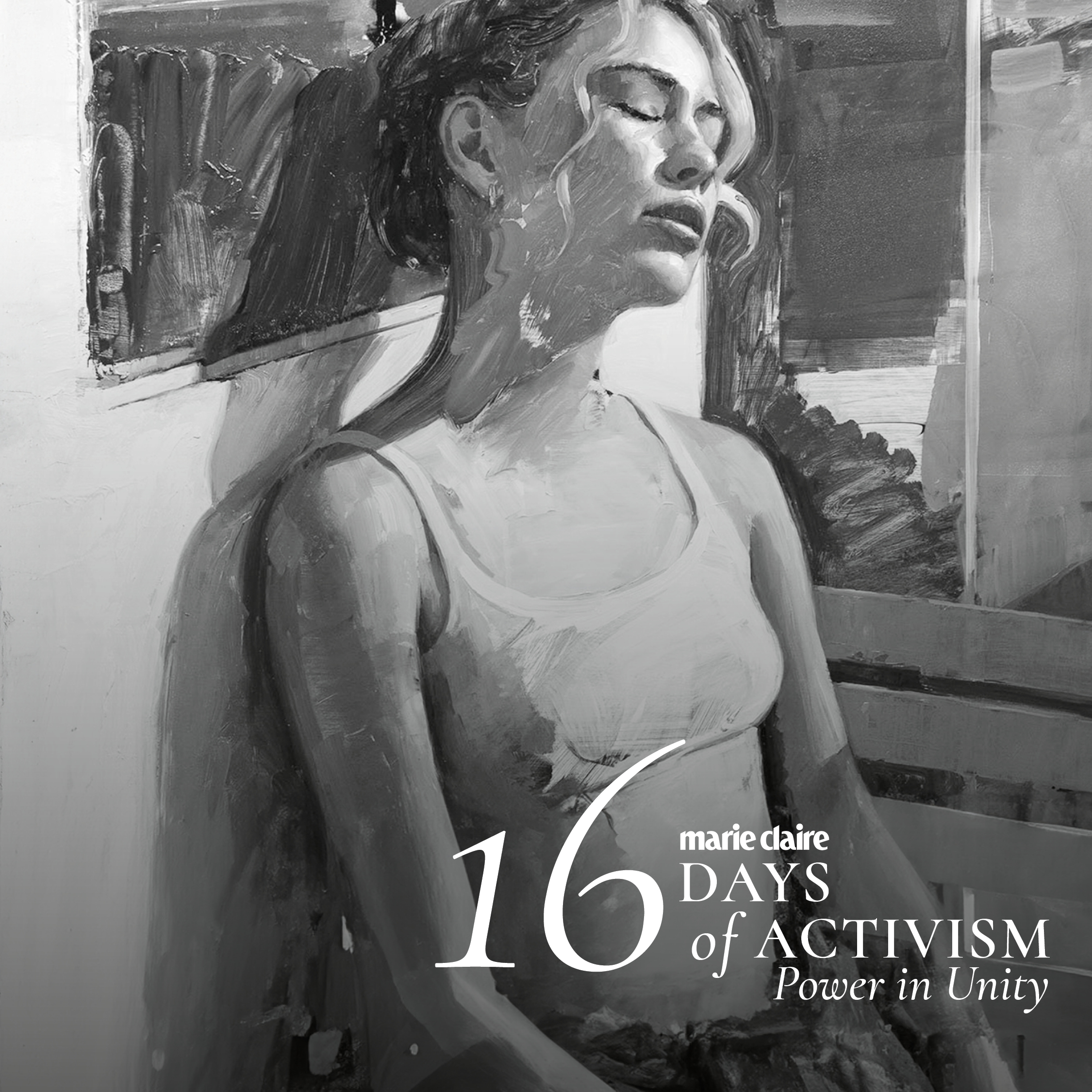 “I was trapped in a pattern of toxic relationships – it took years to break free”
“I was trapped in a pattern of toxic relationships – it took years to break free”My capacity for catching red flags had been erased (obliterated, really) before I was even old enough to buy lottery tickets
By Mischa Anouk Smith